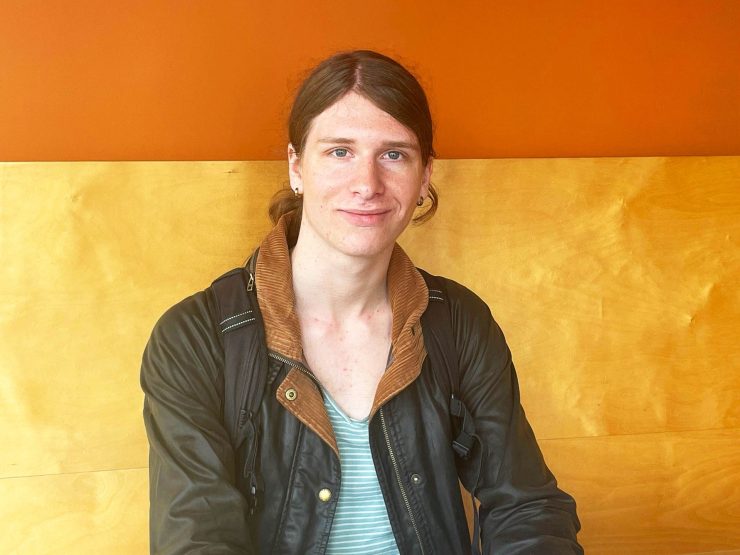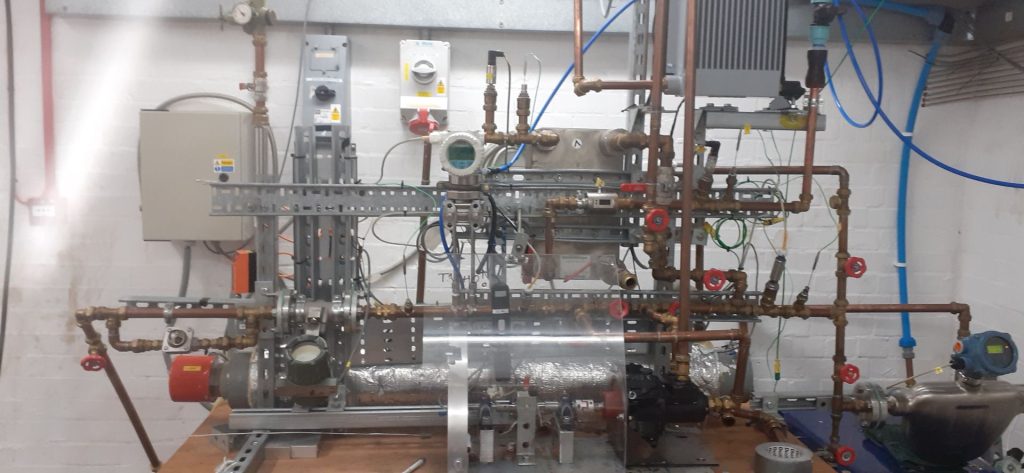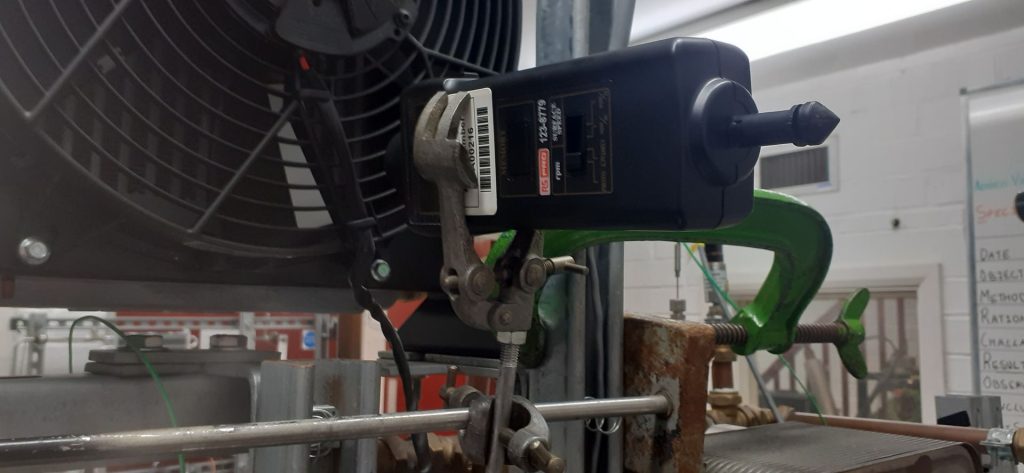I have found projects and opportunities, such as the university robot wars, STEP lab projects, or the ESA PETRI programme, especially enjoyable. They have allowed me to engage more deeply with my subject, network with other like-minded people, and engineers, and gain a variety of skills applicable to industry.
Please tell us about your project
I am working in the STEP (Sustainable Technology and Engineering Project) lab to look for improvements to a parametric optimization process, for coil wound heat exchangers, that uses Aspen EDR, developed by a previous STEP lab student. In addition, I am using a combination of simulation, and experimental methods to compare the performance of different types of heat exchangers, such as fan cooled, plate, and coil wound heat exchangers.
Why did you choose to study engineering at Brighton?
I have always been interested in engineering and aircraft. When looking for a degree at college, this subject felt like the best fit and appeared to have everything that I wanted from a degree. The apparent niche of aeronautical engineering, compared to mechanical engineering, for example, also seemed enticing.
What have you enjoyed most?
I would describe this course as interesting, with many great opportunities to engage practically with the subject in labs and workshops, which may not be available at other universities. I have found projects and opportunities, such as the university robot wars, STEP lab projects, or the ESA PETRI programme, especially enjoyable. Many of these have allowed me to engage more deeply with my subject, network with other like-minded people, and engineers, and gain a variety of skills applicable to industry.
What are your plans after graduation?
After graduation, I hope to either work in R&D in the aerospace industry, hopefully working on propulsion technology, or continue at Brighton with a PHD.





Published by